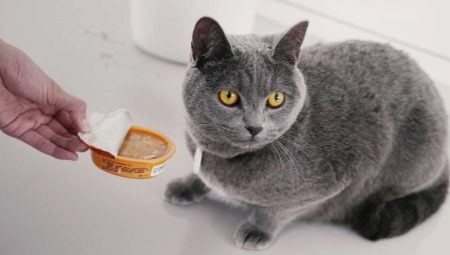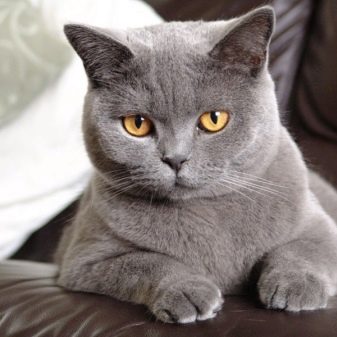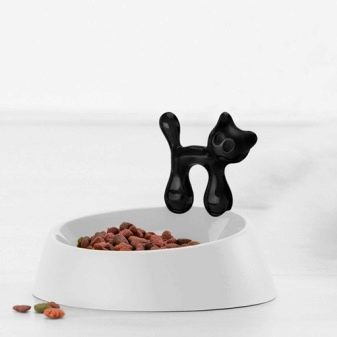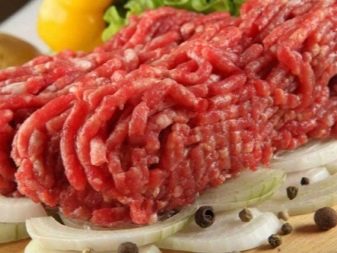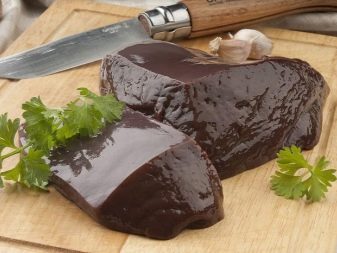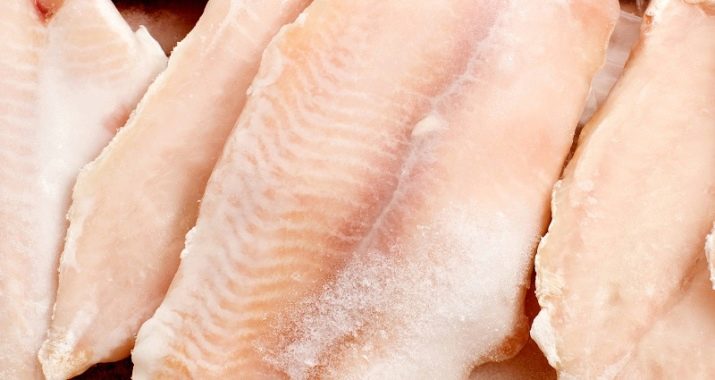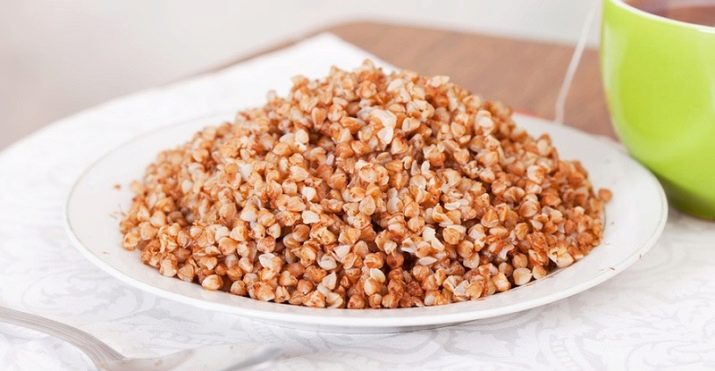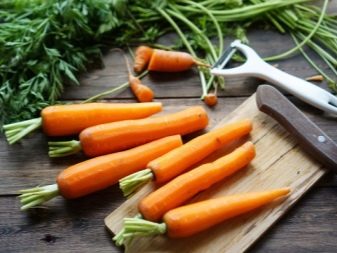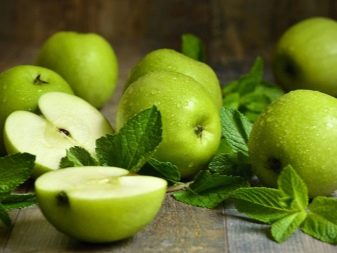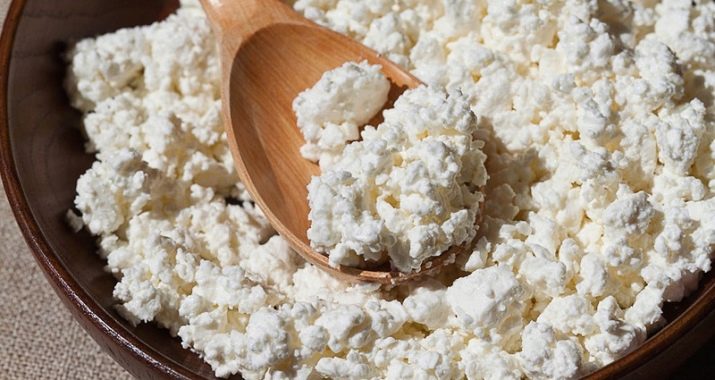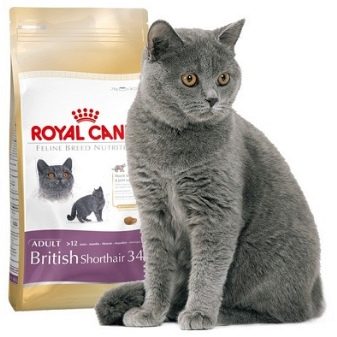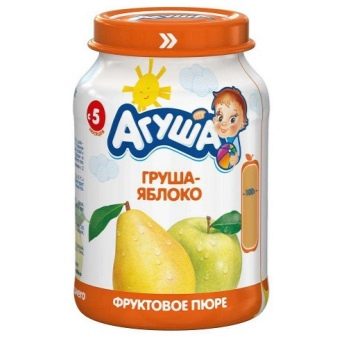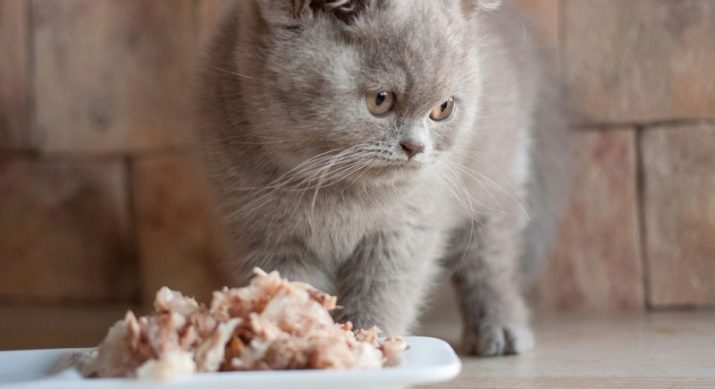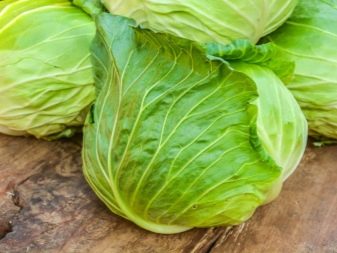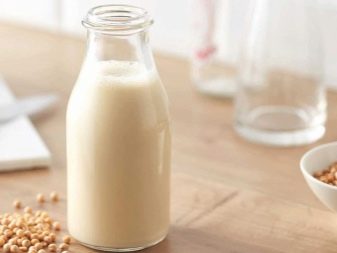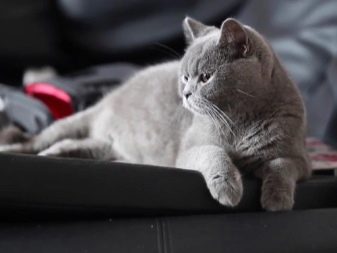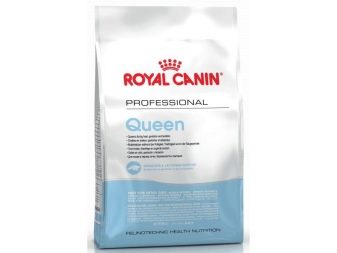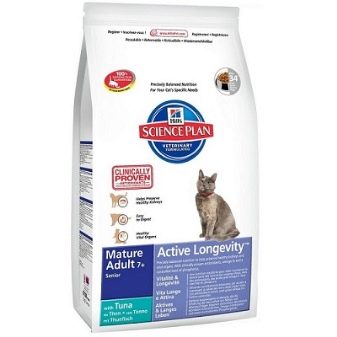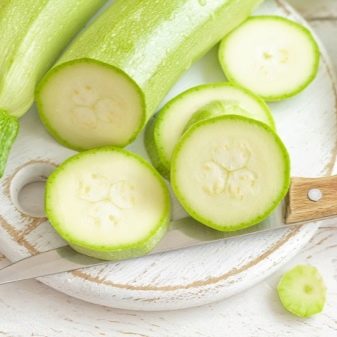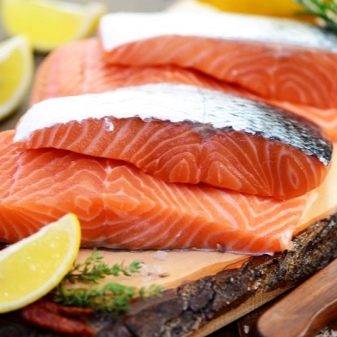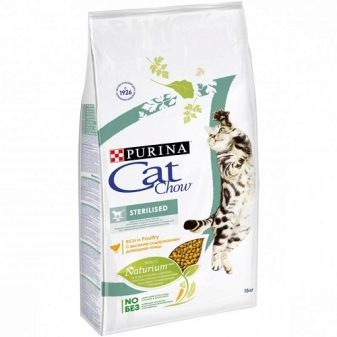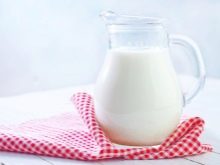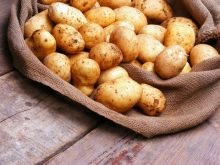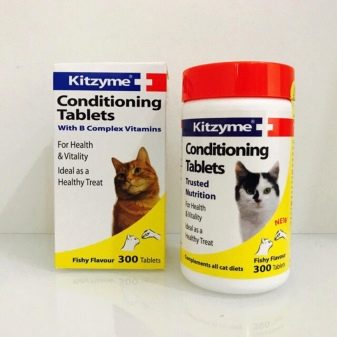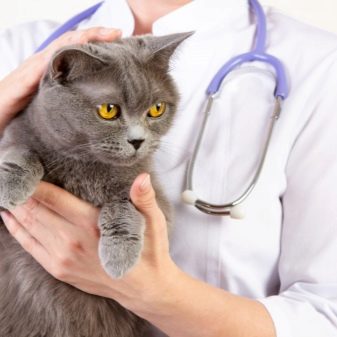The British cat breed was bred by man. Like all artificially synthesized species, they have low immunity and complete dependence on people. That is why the representatives of the British breed need special care and diet. In the first days of life, the kitten feeds exclusively on mother's milk, and from the third week begins complementary feeding. In the future, the list of products is expanding and by one year the pet goes completely to adult nutrition 2 times a day.
A further change in diet will occur at an older age, after 8–9 years of age, or if your pet is overweight. Experienced breeders know that for British cats the best food is natural food. However, in the modern world, with its rooted rhythm of life, it often takes a lot of time, so the best combination of wet and dry food with natural products. Let's look at all the feeding options in more detail.
Rules for feeding natural food
You should consider the basic requirements for natural products. Find out what can the British, and what is strictly prohibited. You will find out the description of products that are introduced into the diet of cats older than one year old and which delicacies can pamper your pet.
Meat
In their natural habitat, all cats are predators, so meat is the basis of the diet. Choose low-fat varieties, such as beef, rabbit, farmer chicken. Do not use pork in any way. Its excess fat and calorie content will quickly lead to your pet's obesity. Meat is given fresh. To avoid infection by various parasites, this product must be frozen for 24 hours. After defrosting it is best to make stuffing. For the little ones, skip the meat through a meat grinder 2 times to make its consistency more tender.
Before serving a treat to your pet, you need to pour the meat with boiling water. So the food takes the form, similar to canned industrial preparation, it will be easier for the British to eat it. Meat in the cat's diet should be present daily. If you want to diversify the taste of your pet, you can add offal: heart, liver, lungs.
Be sure to pre-freeze them and pour over boiling water.
A fish
British cats are not averse to pamper and tasty fish. Choose sea and ocean representatives. You should not take a river fish, as there are many small bones in it that can damage a pet. Peel the scales and form a fillet. Be sure to remove all the bones. Dip the pieces in boiling water for 10–15 minutes and cool them. Fish is given about 2-3 times a week.
Kashi
Cereals contain the necessary complex carbohydrates, as well as B vitamins, so their inclusion in the diet is considered mandatory. Cats willingly eat buckwheat, oatmeal, rice, barley groats. They are pre-boiled in lightly salted water.
Kashi used 3-4 times a week.
Vegetables and fruits
Your pet's varied menu is a guarantee of a long and healthy life. Vegetables help restore the lack of vitamins and carbohydrates. You should be aware that the use of potatoes, onions, and herbs is strictly prohibited. Cats well eat various types of cabbage, cucumbers, zucchini, as well as carrots and beets. Vegetables should be included in the diet about 3-4 times a week.
Fruits pick individually. Use unsweetened fruit no more than once a week.
Milk products
Whole cow's milk is given by kittens up to one year old. Older individuals do not need it, as it often causes diseases of the gastrointestinal tract. However, dairy products are an indispensable source of calcium and animal protein. Include kefir, cream, ryazhenka, cottage cheese without additional ingredients in the form of sweeteners, pieces of fruit, preservatives in the diet. All this should have a low percentage of fat. On average, dairy products are needed 2-3 times a week. Of the additional products give the yolk of chicken or quail eggs, greens in the form of fresh grass. You can grow it yourself or buy it in a veterinary pharmacy.
What kind of food to give?
Feed manufacturers today have created several food lines. For cats of the British breed apply premium feed Bosch, Innova Evo, Royal Canin (foreign production), Hill's, Iams Cat, Orijen, Acana, Farmina, Go, Optimal, Pro Plan - and other dry food daily. Canned meat must be selected by age. And you can also use baby food "Agusha", "Grandma's basket", "Theme". Preserves, choose the same manufacturer as the main feed. Experienced breeders do not recommend a combination of natural and dry feed.
However, you should remember that industrial feed does not provide a cat with a complete set of vitamins, minerals, proteins, fats and carbohydrates.
Diet and diet
The basis of the diet can be both natural and dry food. In some cases, their combination is possible. Remember that with natural feeding it is necessary to additionally give fresh grass or special fiber. There is no problem when using industrial fodder feeds with cats. Many precisely because of this and transfer their pets to such a menu. However, cats are much more accustomed to natural food.
Do not worry that it is too difficult, because at home it is very easy to make a tasty menu and feed British cats. The diet includes permitted foods, pet pet his favorite dishes.
Cats that are older than one year, eat 2 times a day. At the same time in each meal they give meat or offal. Combine with vegetables 3-4 times: pumpkin, carrots, various types of cabbage, or with cereals also 3-4 times a week: buckwheat, barley, oatmeal. Be sure to receive a weekly marine fish, it is desirable to use fillets. Once a day, give fresh grass or dry fiber. Natural greens are ground by a blender.
Milk is not worth giving, but various fermented milk products will be a delicious dish for your Brit. Do not give your cats bakery products, chocolate, and various pastry sweets. Fruits should be included in the diet no more than once a week. Vitamins and minerals are given only with the permission of the veterinarian. Most often they are required in the spring.
The diet of a pregnant cat
Pregnancy is a very important period in the life of every British cat. It is very important to maintain the correct menu, while not allowing an excess of calories. If you systematically overfeed your pet, it will lead to a large growth of kittens and to the fact that during childbirth complications may arise. It is not necessary to give vitamins, their excessive accumulation in the cat's body can also damage the kittens.
If your cat eats dry food, it is considered mandatory to switch to a special food for pregnant women. They can be found at any manufacturer.
The diet of elderly pets
Remember that the older the cat, the less it moves, therefore, the caloric intake should be reduced to prevent the development of obesity. If you feed your pet dry food, move it to a special line for seniors. Hill's manufacturer has such a power system. If you are breastfeeding, consult your veterinarian for a proper transition to dry food.If you do not want to do this, then reduce the amount of animal fat in the pet menu, while increasing the number of vegetables, greens, and fiber.
Menu of neutered cats and sterilized cats
Such representatives of the British are very lazy and sedentary, which must be considered in the choice of the pet's diet. If you decide to use dry food, then just choose the appropriate product line from your favorite manufacturer. When feeding natural products need to reduce the amount of fatty foods. Enter in the diet an additional portion of fish, dairy products. From meat use beef, chicken, rabbit. Watch carefully that the pet does not start to gain weight.
Prohibited Products
For proper preparation of the diet should know the list of prohibited foods that will help not harm your pet. The use of the following products is strictly prohibited:
- fresh meat;
- pork is too fatty, rich in pathogens;
- river fish, as it contains small bones that can hurt;
- milk;
- onions, potatoes and herbs - contain substances that are toxic to cats;
- confectionery;
- salted, smoked products;
- dry food, canned food, preserves from Whiskas, KiteKat, Friskies manufacturers, as they include cheap products that are converted into carcinogens during processing.
These products can not feed the British, as it will immediately affect their health, can lead to obesity and infection by bacteria. Do not feed your pets with human food. Salted or smoked ingredients will cause disruption of the gastrointestinal tract.
Veterinary advice
The main advice that you can hear from veterinarians is not to overfeed your Britons. Calories 300 kcal per day provides physical activity, well-being, does not allow excessively fatten pet. It is necessary to strictly observe the balance between proteins, fats and carbohydrates, as well as micronutrients to maintain the health and development of the cat. Remember, in addition to quality food, your pet should always have access to clean water.. Use a separate bowl, you must change the water at least once a day. Best of all, if it is purified through the filter liquid. But to use boiled water is not recommended, since it lacks important elements.
Do not get involved in vitamins and food supplements. Dry feed is already enriched with the necessary substances. With natural feeding most often recommend taking vitamins in the spring or for the time of illness. The most commonly prescribed drug is Kitzim. It is based on brewer's yeast and contains a complete list of vitamins of group B, as well as some minerals: calcium, phosphorus, iron, manganese. Well-fed representatives of the British breed veterinarians immediately put on a diet.
For these cases, manufacturers of dry food developed special low-calorie foods. At the same time, the number of feedings is limited, strictly 2 times a day, not more than 70 g of feed, feeding from the common table is prohibited.
About how to feed the British cats, see the following video.
